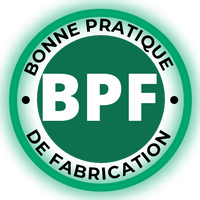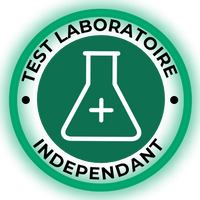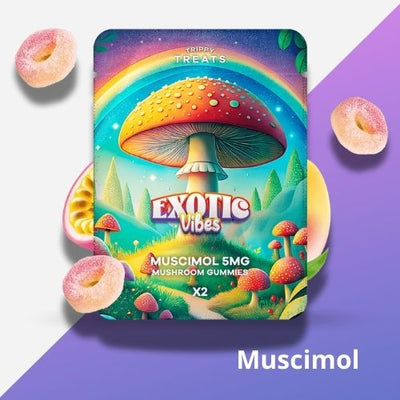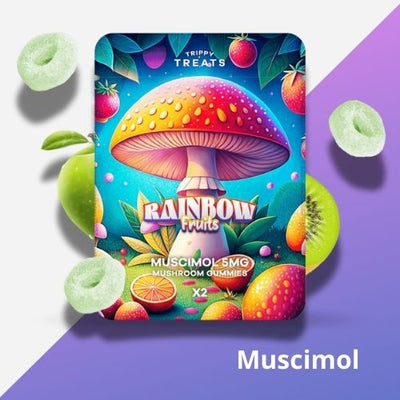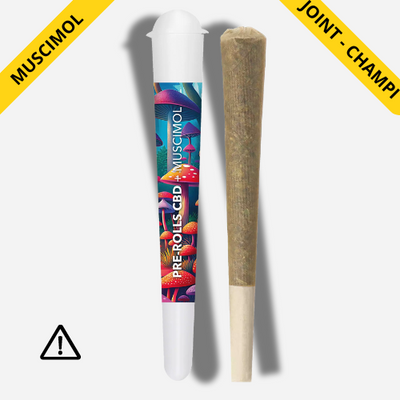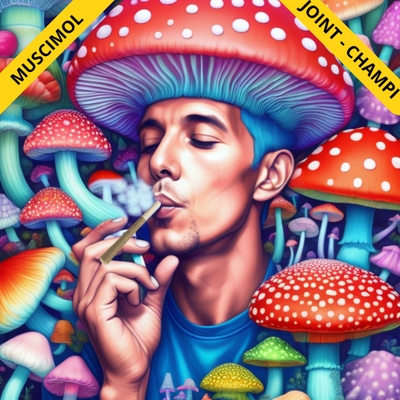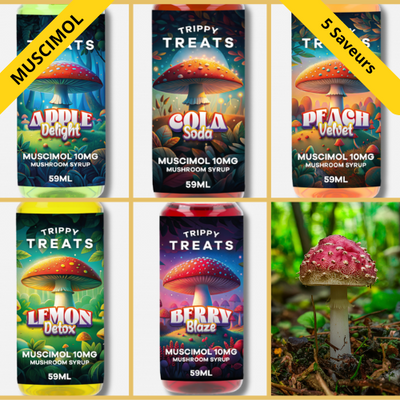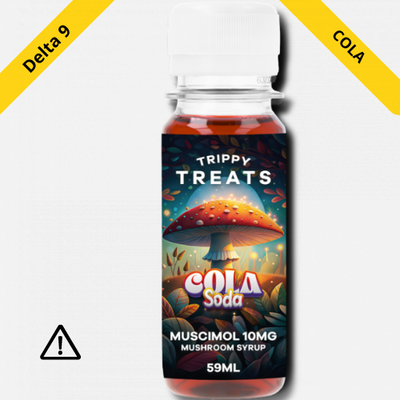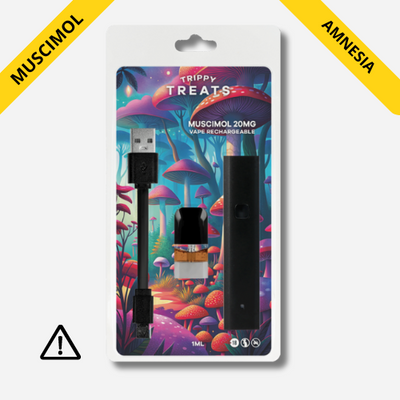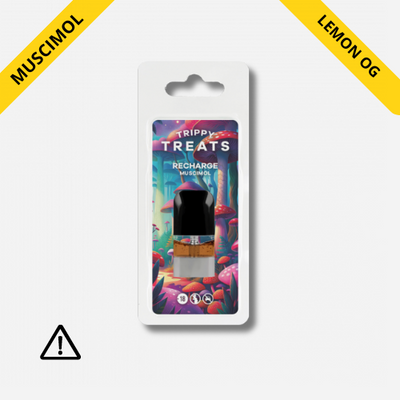The great thing is that this research helps understand whether these substances can become treatments to help people 💡. Let’s find out together how it works!
Psychedelics like psilocybin and the LSD 🧪 cause rapid changes in the brain, modifying our perception and our awareness. One of their main effects is to create new connections between parts of the brain that do not normally communicate together, resulting in unique sensations, such as synesthesia (a mixture of the senses 🎨).
Changes in brain connectivity 🔗
Under the influence of psychedelics, visual cortex connects more with other parts of the brain, creating visual hallucinations incredible 👀.
Action on serotonin receptors 💡
These substances bind to serotonin receptors (notably 5-HT2A), responsible for the thought and the perception, and can provoke profound and mystical experiences ✨.
Dissolution of the ego 🌍
Psychedelics can also cause dissolution of the ego, making people feel connected to the world around them 🌌.
Long-term effects 🕰️
Although their immediate effects are intense, psychedelics can also cause lasting changes in the brain. They promote the neuroplasticity, or the ability of the brain to remodel itself, allowing new neuronal connections 🌱.
Therapeutic applications 💊
Researchers are studying the psilocybin to treat the depression, THE addictions and others mental disorders, because it can help get out of rigid negative thoughts 💪.
Psychedelics are fascinating, but require controlled use to be safe. This research offers hope for new therapeutic treatments 🌟.
Precautions and safety ⚠️
Although the psychedelics are promising for the science and the medicine, it is important to remember that they are powerful and must be used in a secure environment 🛡️. If used incorrectly, they can cause serious side effects, such as persistent hallucinations or psychotic disorders.
Understanding the mechanisms in the brain 🔬
Research shows that psychedelics act by disorganizing the brain networks habitual, allowing the brain to adopt ways of thinking more flexible. This phenomenon could explain why some users experience creativity and one imagination increased 🎨.
Increased neuroplasticity 🧠
THE psychedelics promote the neuroplasticity, that is to say the brain's ability to create new connections. This could be useful in the treatment of some mental disorders, like the depression or the addictions 🍃. Indeed, this brain flexibility makes it possible to “rewire” dysfunctional circuits and improve well-being.
A new era for medicine ✨
Studies on substances like psilocybin pave the way for new therapeutic treatments for complex mental illnesses 🧬. Although there is still much to discover, advances in science show that substances, previously known only for their hallucinogenic effects, could offer solutions to improve the mental health many people.
THE psychedelics are exciting to study, but they require caution and respect in their use. Perhaps one day, thanks to this research, drugs inspired by hallucinogenic mushrooms and their effects will help many people overcome significant mental difficulties 🌱🌟.
Conclusion 🌟
**psychedelics** like psilocybin open up fascinating perspectives for understanding the brain and perhaps, one day, to treat some mental disorders important 🌈. However, it is crucial to use these substances with caution and only in controlled settings. By continuing the research, scientists hope to turn these findings into safe treatments and **effective** for complex diseases.
Although many mysteries still surround the effects of hallucinogenic mushrooms and other **psychedelics**, their possible benefits for mental health make researchers dream. Perhaps one day, thanks to these advances, nature-inspired therapies will be able to help millions of people 🌍✨.
📚 FAQ: Frequently Asked Questions About Psychedelics
-
❓ What is psilocybin?
There psilocybin is a substance present in some hallucinogenic mushrooms, like the psilocybes. It causes changes in perception and mood, and can even be used in experimental treatments for certain mental disorders.
-
❓ What are the effects of psychedelics on the brain?
THE psychedelics like LSD and psilocybin modify the connections between different areas of the brain, leading to hallucinations and a new sense of self 🌍. These effects also allow creative experiences and of synesthesia, where the senses mix!
-
❓ Are psychedelics dangerous?
Yes, they can be risky if used incorrectly! THE psychedelics should be taken with caution and in a secure environment. Unsupervised use may cause negative effects, such as anxiety or lasting mental disturbances. This is why research is done in a controlled environment 🧪.
-
❓ Can psilocybin help treat mental illnesses?
Studies show that the psilocybin could be useful in treating diseases such as resistant depression and the OCD. It may help the brain function differently by disrupting rigid thought patterns. But be careful, these treatments are still being tested 🔍.
-
❓ Are psychedelics legal?
In many countries, such as France, the psilocybin and others psychedelics are still illegal. However, some places, such as Oregon in the United States, authorize their therapeutic use within a specific framework. The law could evolve in the future depending on scientific discoveries 📜.
-
❓ Are psychedelics addictive?
Unlike other substances, psychedelics like the psilocybin and LSD do not cause physical dependence. However, some people may feel a psychological need to take them again to regain certain experiences, but this remains rare.
-
❓ What is synesthesia?
There synesthesia is a phenomenon where the senses mix. For example, some people "hear" colors or "see" sounds 🎨🎶. This is a common effect under the influence of psychedelics and a source of fascination for neuroscience researchers.
Sources of Scientific Studies on Psychedelics:
-
Carhart-Harris, R.L., & Nutt, D.J. (2017)
“Serotonin and brain function: a tale of two receptors”
Publication: Journal of Psychopharmacology
Summary : This review explores how psychedelics act primarily on the 5-HT2A serotonin receptor, altering brain connectivity and causing ego-dissolving experiences.
-
Johnson, M.W., Griffiths, R.R., & Hendricks, P.S. (2019)
"The abuse potential of medical psilocybin according to the 8 factors of the Controlled Substances Act"
Publication: Neuropharmacology
Summary : This study examines the low likelihood of addiction to psilocybin, highlighting its therapeutic potential with reduced risk of addiction compared to other substances.
-
Carhart-Harris, R.L., Roseman, L., et al. (2016)
"Neural correlates of the LSD experience revealed by multimodal neuroimaging"
Publication: Proceedings of the National Academy of Sciences (PNAS)
Summary : This research examines the effects of LSD on functional brain connectivity, providing insight into similar effects seen with psilocybin.
-
Griffiths, R.R., Johnson, M.W., et al. (2016)
“Psilocybin produces substantial and sustained decreases in depression and anxiety in patients with life-threatening cancer: A randomized double-blind trial”
Publication: Journal of Psychopharmacology
Summary : A clinical study that shows long-lasting effects of psilocybin in reducing anxiety and depression in cancer patients.
-
Doss, M.K., & Barrett, F.S. (2020)
"Psychopharmacology of psychedelics: How serotonin receptors contribute to altered states of consciousness"
Publication: Neuroscience Letters
Summary : This review article discusses the neurobiological mechanisms by which psychedelics alter states of consciousness, focusing on the effects of psilocybin and DMT.
-
Ly, C., Greb, A.C., et al. (2018)
“Psychedelics promote structural and functional neural plasticity”
Publication: Cell Reports
Summary : An innovative study that demonstrates how psychedelics, including psilocybin, increase neuronal plasticity, which may explain their potential in treating resistant disorders.
-
Palhano-Fontes, F., Barreto, D., et al. (2019)
"Rapid antidepressant effects of the psychedelic ayahuasca in treatment-resistant depression: a randomized placebo-controlled trial"
Publication: Psychological Medicine
Summary : Although this study concerns ayahuasca, it is relevant to psilocybin research, showing the rapid effects of psychedelics on resistant depression.
Disclaimer : This site provides information for educational and informational purposes only. Psychedelic substances are still largely under study, and their use can be dangerous and illegal in many countries. If you are considering alternative treatments for a medical condition, always consult a qualified healthcare professional.
